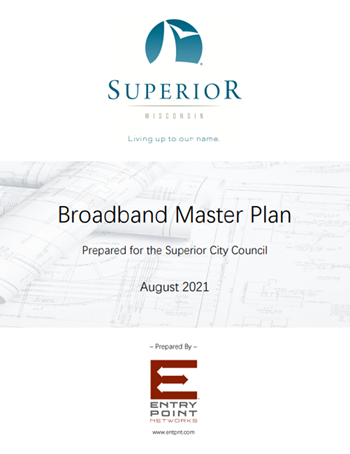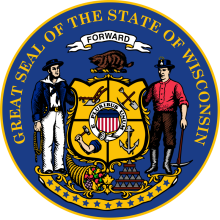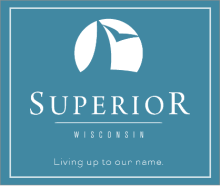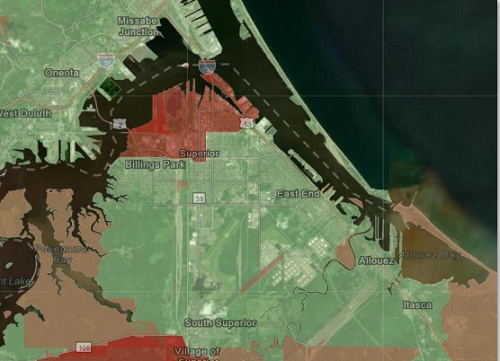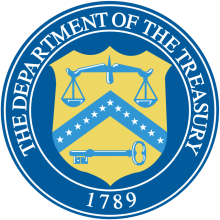Superior, Wisconsin’s ‘Game Changing’ Open Access Fiber Network Goes Live
Superior, Wisconsin’s community-owned open access fiber network has gone live in its first two deployment neighborhoods, as the city works toward providing affordable next-generation fiber access to the city’s long under-served community of 26,000.
When we last checked in with Superior back in April, the city was working with Nokia for final configuration and testing before launch. Now, the municipal broadband network says its ConnectSuperior fiber network is live in its first two target neighborhoods in the northern part of the city (see the city’s latest deployment map).
The city’s open access network means that multiple broadband providers can compete over the same shared infrastructure. Historically such a model helps boost competition and drive down costs for both consumers and competitors. That’s already the case in Superior, where the city’s website lists two providers – Advanced Stream and Superion Networks – with more on the way.
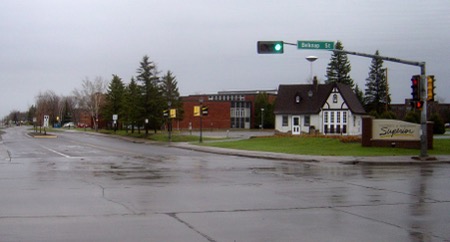
Advanced Stream is offering locals three tiers of service: a symmetrical 300 megabit per second (Mbps) tier for $63 a month; a symmetrical 650 Mbps tier for $75 a month; and a symmetrical one gigabit per second (Gbps) tier for $83 a month.
Superion is offering three tiers of service as well: a symmetrical 300 Mbps tier for $63 a month; a symmetrical 650 Mbps tier for $75 a month; and a symmetrical 1 Gbps tier for $85 a month. Both companies offer phone bundles for a modest additional surcharge.





